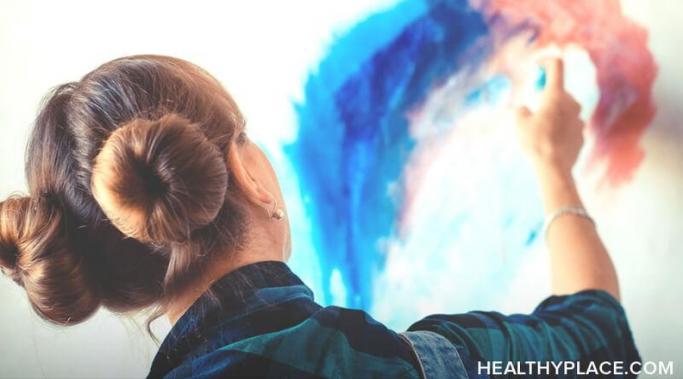Blogs
I've come face-to-face with many myths that re-traumatize victims of abuse while recovering from an abusive relationship amidst a roller coaster of emotions. For me, it has brought on a lot of guilt and anxiety about how it has impacted my other relationships. It's one thing to write about it so openly, knowing others who have been through the same thing will read it and relate to it. It's another thing to talk about it with people I'm close to who haven't experienced it, unsure of how they will react. I've often found myself at a loss for how to explain or even share what I've been through in those situations. Sometimes, the way people respond to me show how societal myths re-traumatize victims of abuse.
My current lack of exercise is hurting my mental health. As I write this, it’s the end of February with no end in sight to a particularly brutal Chicago winter. We’ve been pummeled with snowstorms and numbing cold almost daily. I know I need to get outside and walk or do some kind of exercise, but when I look outside at the l drab and gray landscape and the snow keeps falling from the thick blanket of clouds over the sky, I just can’t find the motivation. And this lack of exercise is having a very negative impact on my mental health.
Having an anxiety-free zone in the place where you spend a lot of time, often your home, is a way to reduce anxiety. When you create a dedicated space where you can let go of worries, what-ifs, fears, and stress, you give yourself a wonderful gift. Just knowing that you have a haven available to decompress and intentionally replace the negative with the positive can keep you going through times of stress and anxiety. The following eight ideas can turn your home--the entire dwelling, a room, or even a corner--into an anxiety-free zone.
I have a lot of friends who are mentally ill. It isn’t that I seek them out, or have “mental illness” as a prerequisite for associating with me – fate has just dictated that most of my closest friends, like myself, have been touched with some sort of mental disorder. I doubt that I’m alone here – if what we seek in friendships is familiarity, being drawn to those with mental illness makes sense, even if we aren’t aware our friend is mentally ill at all.
Working benefits my mental illness recovery and has been an important part of my recovery. I love my current job, but even previous jobs that were stepping stones aided my mental health recovery. I've grown as a person because of them.
Bands, celebrities, and other icons make a difference by talking about mental health and mental illness. While some may think it's a publicity stunt, having larger-than-life people use their platforms in this way can have a positive impact on their fans and help fight against stigma.
Most people have hobbies they conditionally participate in, but striving toward full participation in a new hobby can provide a different sense of fulfillment. For many of us, our hobbies have just ‘ended up’ in our lives. We experience them as routine, no longer providing joy. This is potentially because we no longer fully participate.
Last week I went to my two-year checkup for hormone replacement therapy, a medication I take because I am transgender, to align my body with my gender identity. I visit my doctor every six months to make sure my testosterone levels are in the healthy range for a man and that my mental and physical health are okay, too. The past two years have gone by so fast that it's hard for me to believe I've been on hormone medication for so long. It feels like just yesterday that I decided to seek help for my gender dysphoria, or the distress I felt because my biological sex and gender identity didn't align. Since my appointment, I've been thinking a lot about what it means to be transgender and how complex gender really is.
Comparisons cause anxiety. For much of human history, being sensitive to the people in your surroundings was crucial for survival. If someone looked afraid, it often meant that a predator was near and that you needed to start running immediately. Today, those mechanisms are largely intact, but the types of threats we face are often from other people in social contexts. Although we don't use other people to check for physical threats as often, we now compare ourselves to others to check on whether we're safe and our lives are going well.
It's important to manage expectations in recovery because you don't want to strive for the impossible goal of simply not having a mental illness anymore. The truth is, recovery just doesn't work that way. The vast majority of us can't get rid of our mental illness entirely, but we can find ways to cope with it and reduce its impact on our lives. Recovery is about working with your brain to live the most functional, enjoyable life possible.








